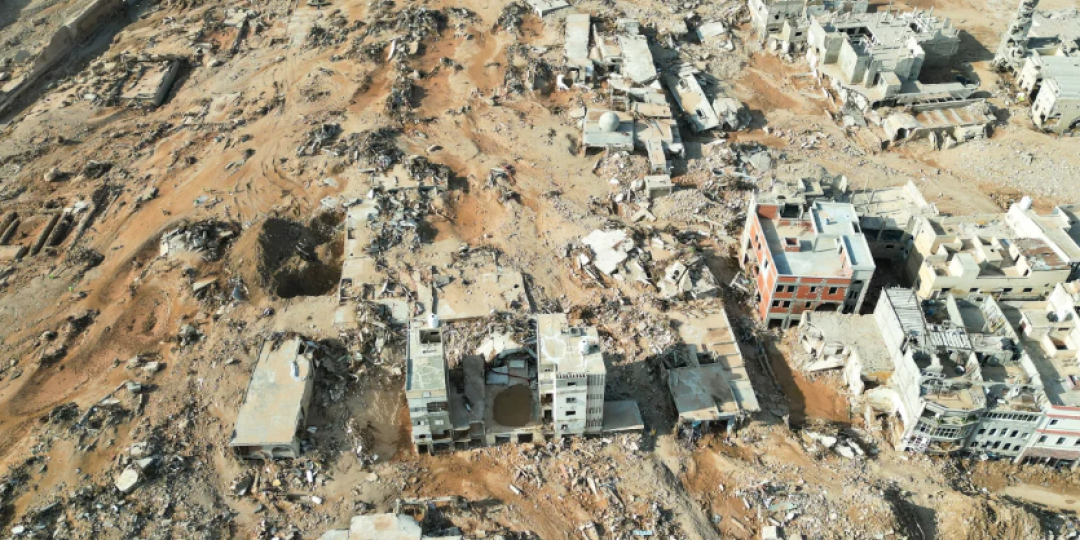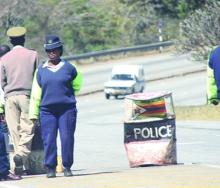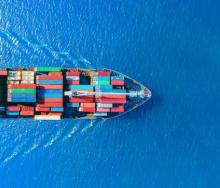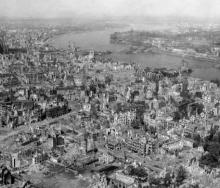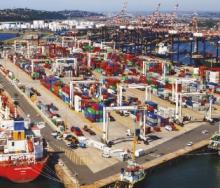International rescue teams in Libya are urgently requesting more humanitarian aid in the port city of Derna, following devastating floods that have claimed the lives of 11 300 people, according to the latest fatality figures by the United Nations.
Aid workers are currently facing a critical need for help in retrieving the bodies of the victims from the September 11 catastrophe, as the majority of bodies are still in the water, with some in areas that can only be reached using special equipment.
Representatives from various missions, including Tunisia, Arab countries, Russia, Turkey, and Italy, held a meeting in Derna to discuss the situation.
During the meeting, a Tunisian representative expressed concern that the bodies were severely decomposing, and there might come a point where retrieving them would no longer be possible, raising concern about a cholera outbreak.
Mission representatives from the UAE, Egypt, and Algeria described finding bodies in bays and coves in the Mediterranean, in areas only accessible by special boats.
An Algerian representative reported that his team had spotted about 50 bodies from a cliff approximately seven nautical miles from the Derna port, but the area could only be reached by divers and boats.
An Egyptian rescue team representative said with the right boats, they could retrieve 100 bodies every day.
The flood, caused by Storm Daniel, swept entire neighbourhoods into the Mediterranean last Sunday at about 3am, and the death toll continues to rise.
The exact number of deceased individuals remains unclear, but a further 10 100 people are still missing.
Libyan authorities have disputed these figures, with the health ministry of the country's eastern government reporting 3 252 deaths in Derna so far and claiming that the UN's toll is inaccurate.
The UN, however, has stated that it was citing the Libyan Red Crescent.
Experts have attributed the severity of the flooding to a lethal combination of factors, including ageing and crumbling infrastructure, inadequate warnings and the effects of the accelerating climate crisis.
Unprecedented rainfall in the otherwise dry and arid country from September 8 was significant enough to cause the seasonal Wadi Derna to burst its banks.
As floodwaters cascaded over the plateau of the Al-Akhdar mountains and rushed towards the coast, the downstream dams of Abu Mansour and Al-Bilad, built to protect Derna, were structurally unable to hold back the fast-swelling river.
The International Rescue Committee (IRC) has been providing support in the flood-affected areas, helping to restore health, safety, education and economic stability.
They have also warned of a potential public health crisis in these areas.
The IRC has called for assistance from the international community to address the urgent needs in Libya. Source: CNN
